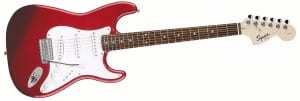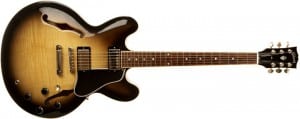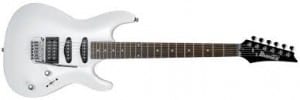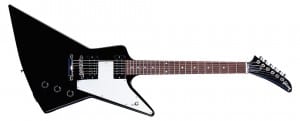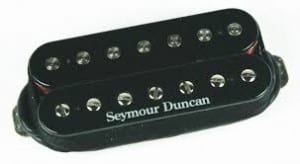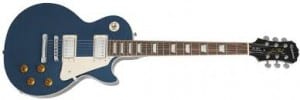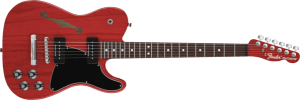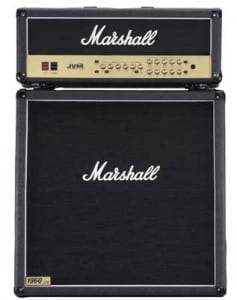As either a perfectionist that strives to make a sound as close to studio quality as possible, or a guitarist in a band aiming to make your image and performing style as similar to your music as possible, you’ll want the best suited guitar.
At Hobby Umbrella, we looked into which guitars suit some of the music styles out there, and give two suggestions, each adapted to either end of a price range.
Indie
Indie music requires guitar versatility that isn’t common in other styles. Most songs often combine a blend of clean sounding chord work, and more high gain distorted riffs or melodies.
You’ll want a guitar that is capable of producing a good sound on both channels, and is well suited to a variety of amplifiers. There are plenty to choose from, that cater for varying price ranges.
Low price suggestion – Fender Squier Stratocaster.
Cost – around £91 for guitar alone, bundle packs approx £110 depending on retailer.
High end suggestion – Gibson ES 335.
Cost – Around £2000.
Metal
If you’re a metal guitar player you’re probably looking for one thing and one thing only, a good distorted sound.
Luckily, there are quite a few brands that specialise in making guitars optimised for metal and hard rock music. These guitars are extremely versatile, can adapt to different tunings easily and go well with effects pedals.
Low price suggestion – Ibanez GSA60
Cost – around £160.
High end suggestion – Gibson Explorer.
Cost – approximately £3000 new.
Blues
Blues music has a huge guitar playing community, as many blues players play along to backing tracks by themselves, and lots of others play in bands.
A good blues guitar must have a variety of talents, it must be able to play grungy low scales as well as solos and riffs higher up the fretboard. Many blues players opt for guitars with ‘Humbucker’ pick ups as opposed to single coil to create a more full and warmer sound.
Low price suggestion – Epiphone Les Paul Standard.
Cost – Around £300.
High end suggestion – Fender Telecaster.
Cost – Anything from £300+. Highly dependant on model and age.
Some of these guitars can be found from GuitarGuitar, Gear4Music and GAK.
It’s also worth checking your local music store to see what guitars they have in stock, don’t be scared to try a few!
Want to hear our suggestions for a different kind of music?
Be sure to fill out the ‘what’s your hobby?’ form by clicking the sentence above, and we’ll see what we can do!

